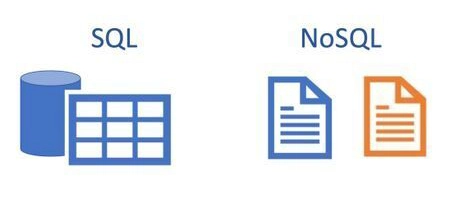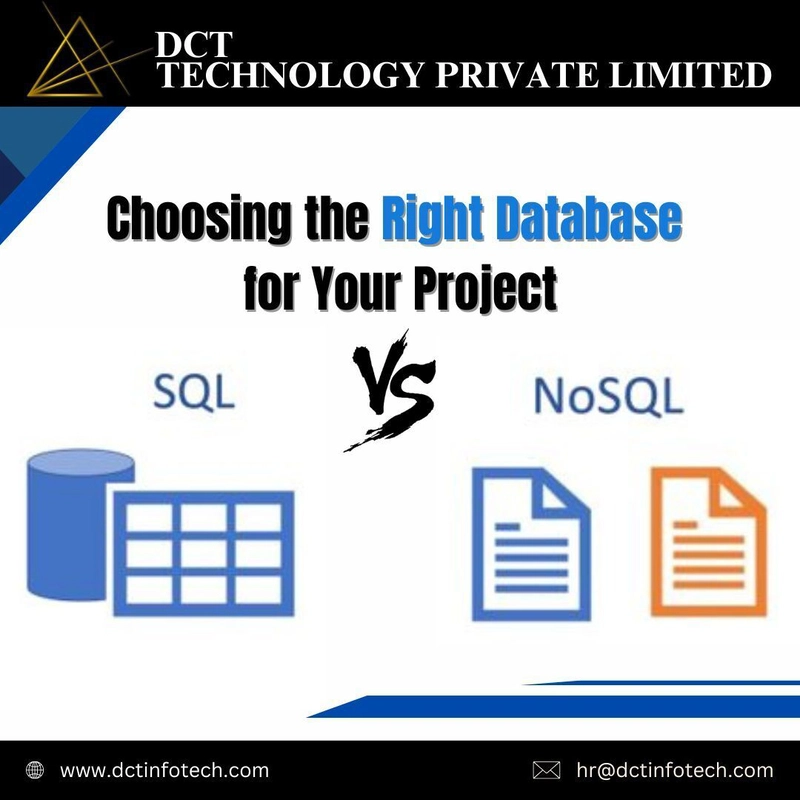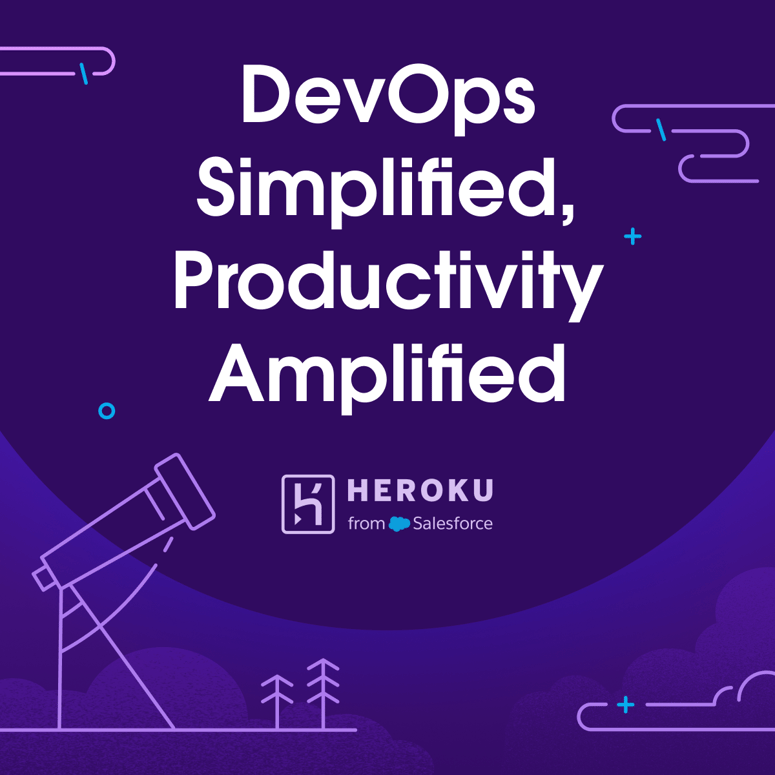Choosing the right database can be the game-changer for your project’s success. But with so many options, how do you decide?
Let’s break it down so you can confidently pick the right fit for your needs — whether you're building a small web app or a massive distributed system.
🔑 Understanding SQL (Relational Databases)
SQL databases are structured and use tables to store data. They follow a strict schema, making them perfect for handling complex queries and ensuring data consistency.
Popular SQL Databases:
MySQL: Reliable, widely-used, and open-source.
PostgreSQL: Feature-rich, supports complex queries and JSON data.
SQL Server: Microsoft-backed, great for enterprise solutions.
🔸 When to Use SQL:
Your data is structured and won't change often.
ACID compliance (Atomicity, Consistency, Isolation, Durability) is crucial.
You need complex queries or transactions.
Example SQL Query:
SELECT name, email FROM users WHERE status = 'active' ORDER BY created_at DESC;
👉 Want to dive deeper? Check out this MySQL Tutorial to level up your SQL skills!
⚡ Exploring NoSQL (Non-Relational Databases)
NoSQL databases are more flexible, allowing you to store unstructured or semi-structured data. They are built to scale horizontally, handling large volumes of data across multiple servers.
Popular NoSQL Databases:
MongoDB: Document-based, uses JSON-like BSON format.
Redis: In-memory data store, lightning-fast for caching.
Cassandra: Highly available and scalable for massive datasets.
🔸 When to Use NoSQL:
Your data structure evolves or varies.
You need to handle large-scale, real-time data.
High availability and fast read/write speed are priorities.
Example MongoDB Query:
db.users.find({ status: "active" }).sort({ created_at: -1 });
📚 Curious about NoSQL? Here’s a MongoDB Guide to get you started!
⚡ So, Which One Should You Choose?
It depends on your project! If you need complex queries and data integrity, SQL is the way to go.
But if scalability and flexibility are more important, NoSQL might be the perfect match.
💡 Pro Tip: Sometimes, using both in a hybrid approach can give you the best of both worlds!
🔔 Let’s Discuss:
Which database do you prefer and why?
Or are you still unsure which one to pick?
Drop your thoughts in the comments — let’s figure it out together! 🚀
Follow DCT Technology Pvt Ltd for more insights on web development, design, SEO, and IT consulting. We’re here to help you build better, smarter, and faster! ✨






Top comments (0)